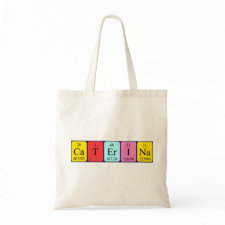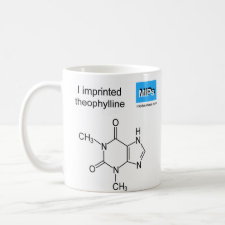
Authors: Silvestri D, Barbani N, Cristallini C, Giusti P, Ciardelli G
Article Title: Molecularly imprinted membranes for an improved recognition of biomolecules in aqueous medium.
Publication date: 2006
Journal: Journal of Membrane Science
Volume: 282
Issue: (1-2)
Page numbers: 284-295.
DOI: 10.1016/j.memsci.2006.05.031
Alternative URL: http://www.sciencedirect.com/science/article/B6TGK-4K242WB-2/2/30bc1bf5c9cafd2ec8dba88de7b5f374
Abstract: Membranes with molecular recognition properties were obtained by coagulation in the presence of compounds of biotechnological interest or by modification of non-imprinted membranes with the introduction of imprinted nanoparticles obtained by polymerisation of a monomer(s) in the presence of a stamp molecule (template). The functional binding performances in aqueous medium towards template molecules (uric acid, theophylline, caffeine or proteins) were investigated.Membranes of acrylonitrile-acrylic acid copolymer imprinted with uric acid showed satisfactory recognition capacity and selectivity towards the template (rebinding of uric acid resulted 2.4 times higher than that of theophylline). Porous supports of ethylene-co-vinyl alcohol-dextran blends were obtained using α-amylase as template and selective properties were confirmed by a rebinding of the stamp molecule 1.96 times higher than that of albumin. In some cases, recognition properties of methylmethacrylate-co-acrylic acid membranes were enhanced by loading on the surface, or inside the membrane, imprinted cross-linked methylmethacrylate-methacrylic acid nanospheres. The different membranes realised are promising solutions for filtration or adsorption applications in biomedical field or for other biotechnological uses where biomimetic behaviour in water media is requested
Template and target information: uric acid, theophylline, caffeine, protein, α-amylase
Author keywords: molecular imprinting, Porous membranes, phase inversion, selectivity, Recognition in water



Join the Society for Molecular Imprinting

New items RSS feed
Sign-up for e-mail updates:
Choose between receiving an occasional newsletter or more frequent e-mail alerts.
Click here to go to the sign-up page.
Is your name elemental or peptidic? Enter your name and find out by clicking either of the buttons below!
Other products you may like:
 MIPdatabase
MIPdatabase









